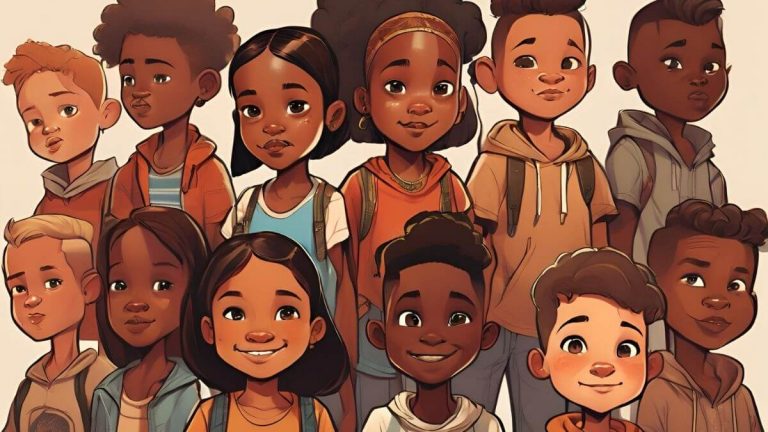Celebrating Differences: Promoting Diversity & Inclusion for Children


In today’s world, fostering social-emotional learning (SEL) in children is crucial. This includes cultivating essential skills like empathy, respect, and cooperation. But did you know that embracing diversity and inclusion is a powerful way to strengthen these very skills?
Diversity refers to the rich tapestry of human experiences – our races, ethnicities, abilities, family structures, and backgrounds. Inclusion is about creating a space where everyone feels valued, respected, and can fully participate. When we celebrate differences and foster inclusion, we equip children with the social-emotional tools they need to thrive in a diverse world.
Embraces Empathy and Understanding: Exposure to diverse perspectives helps children develop empathy – the ability to see the world through another’s eyes. By learning about different cultures, traditions, and experiences, children can appreciate the richness of human variation and build bridges of understanding.
Here are some tips for parents, caregivers, and educators:
By incorporating these strategies, we can create environments where children feel empowered to celebrate their differences and build strong, inclusive relationships.
Remember, social-emotional learning thrives in diverse and inclusive spaces. Let’s cultivate a world where all children feel valued, respected, and empowered to reach their full potential!
Additional Tips:
By working together, we can ensure that all children develop the social-emotional skills they need to thrive in a diverse and inclusive world.
Reference:
Also Read:

Get Your Resources to Your Email Now!